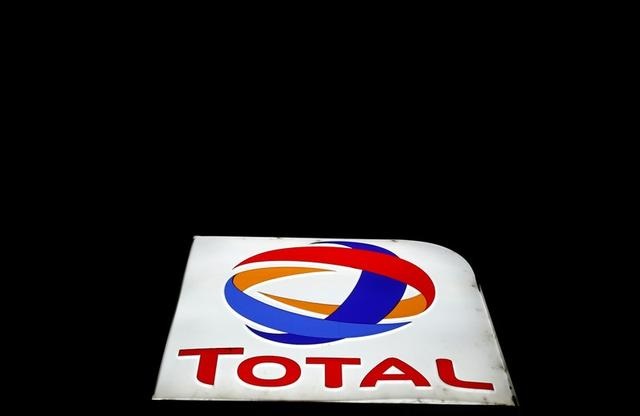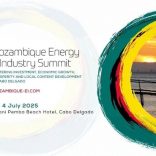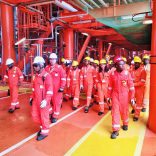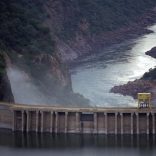Mozambique: New gold rush in Gondola as locals swarm Mucododzi - Watch
Mozambique: Total declares force majeure – AIM report

File photo: Reuters
The French oil and gas company Total has declared force majeure as a justification for suspending its operations on the Afungi peninsula in the northern Mozambican province of Cabo Delgado.
A Monday statement from Total’s headquarters in Paris said “taking into consideration the evolution of the security situation in the north of Cabo Delgado province, Total confirms the withdrawal from Afungi of all staff of the Mozambique LNG (Liquefied Natural Gas) project”.
This situation, Total said, has led it, as operator of the project, to declare force majeure.
The company declares its solidarity with the Mozambican government and people and hopes “that the actions undertaken by the government and its regional and international partners allow the re-establishment of security and stability in Cabo Delgado province in a sustained fashion”.
The practical impact of a declaration of force majeure is that it allows Total to violate clauses in the contracts with its suppliers and other partners that would otherwise be obligatory.
A Monday press release from the Mozambican regulatory authority, the National Petroleum Institute (INP), explains that the declaration of force majeure is intended “to mitigate the negative effects arising from application of the contracts and costs in goods and services which cannot be provided or used during this period, in which activities are suspended, a fact which would have negative effects on the overall costs of the project”.
“With the temporary interruption of operations, Total will be unable, during this period, to comply with contractual obligations and may also suspend or rescind more contracts with other suppliers of goods and/or services, depending on how long the interruption lasts”.
The INP confirmed that all the activities at Afungi concerned with building the gas liquefaction facilities “are temporarily suspended, and should resume when the security situation is restored in order to ensure the physical integrity and safety of the workers, as well as the protection of these facilities”.
But the INP insists that Total has not dropped the LNG project. “Despite this suspension, Total is maintaining the necessary work in its offices, while it analyses, with the National Hydrocarbon Company (ENH) and with the government, the real impact of the situation on the Project implementation timetable, on the financing activities, and on the position of the financing agencies”.
The INP described reports that Total has pulled out of Afungi once and for all as “speculation”. It declared that Total “has not abandoned the project, and remains the concession holder and operator, with all the rights, duties and obligations”, resulting from the contract signed with the government in 2006.
“The Mozambican authorities are continuing to work on restoring normal security conditions to guarantee that Project activities can be resumed as soon as possible”, says the INP.
The INP puts total investment in the LNG project at 20 billion US dollars. The gas liquefaction plants will use 13.12 trillion cubic feet of natural gas over a 25 year period. This is expected to generate profits of 60.8 billion dollars, of which some 30.9 billion dollars will be paid to the Mozambican state.
Production of LNG is expected to begin in 2024 – although this may now have to be postponed.
The withdrawal of Total staff followed the attack by islamist terrorists against the town of Palma on 24 March. The Mozambican defence and security forces regained control of the town about a week later. Afungi is about 15 kilometres from the town, and the Mozambican armed forces say the Total site was never under threat.













Leave a Reply
Be the First to Comment!
You must be logged in to post a comment.
You must be logged in to post a comment.